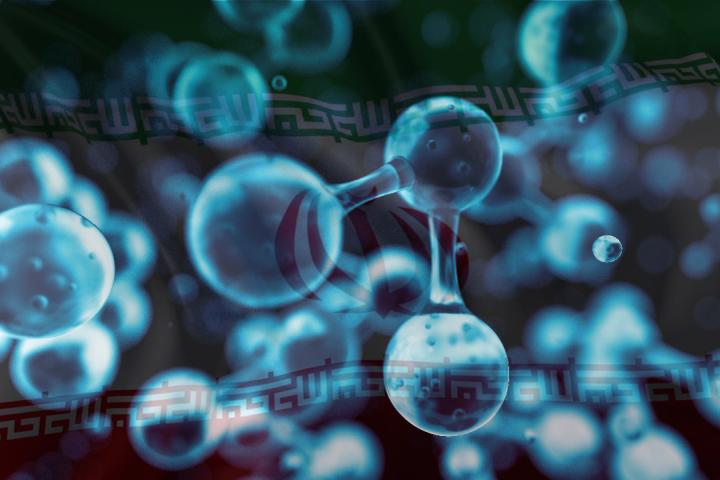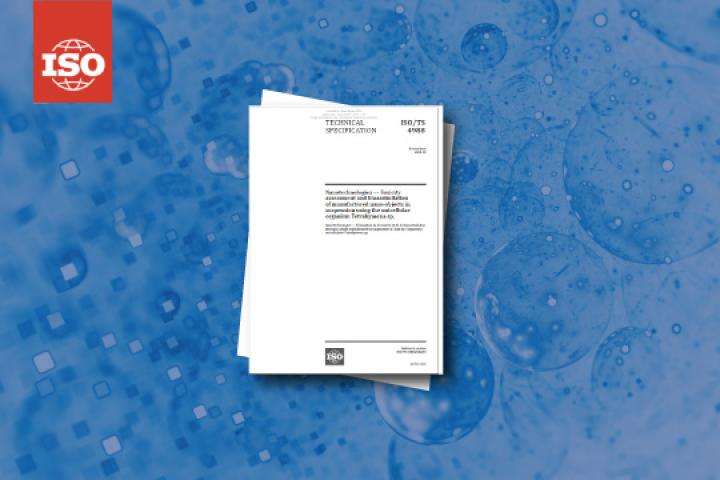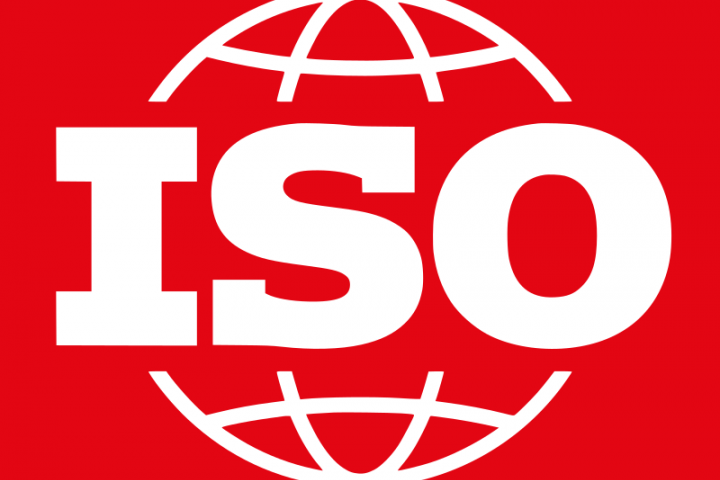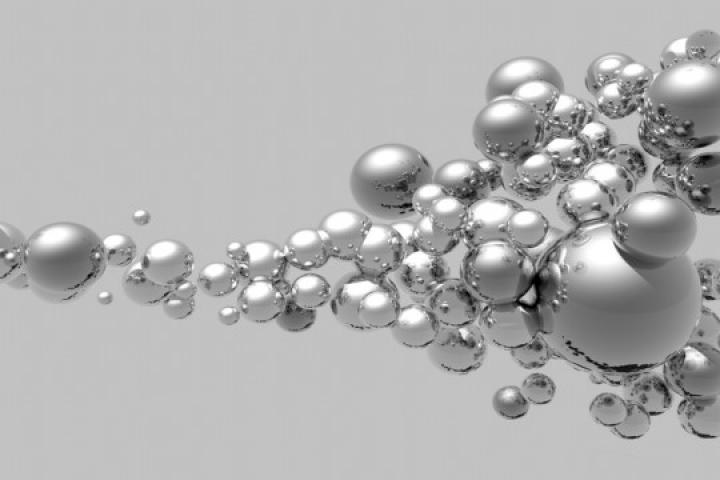29 August 2021
31 December 2019
The major problem of the present-day proteomics lies in the lack of a reaction similar to PCR; hence, the impossibility of multiplying various protein molecules, which in turn makes it impossible to enhance the concentrations of assayed biological material [1]. Thus, there arises a methodological barrier in proteomics: protein molecules occurring with concentrations below 10215 M cannot be identified in biological material. Of note, the protein identification method based on a combination of 2-DE or chromatography with MS has a sensitivity of 1029 –10212 M [2]. The sensitivity of immunoenzyme methods (ELISA, RIA) is 10212–10215 M [2–4]. However, it is the concentration range starting from 10215 M and under that is most interesting from the biomedical viewpoint. Thus, for those tissue proteins, whose concentrations upon their leakage into plasma are lowered manifold, the required limit of diagnostic sensitivity lies in subfemtomolar concentrations
Abstract
Progress in proteomic researches is largely determined by development and implementation of new methods for the revelation and identification of proteins in biological material in a wide concentration range (from 1023 M to single molecules). The most perspective approaches to address this problem involve (i) nanotechnological physicochemical procedures for the separation of multicomponent protein mixtures; among these of particular interest are biospecific nanotechnological procedures for selection of proteins from multicomponent protein mixtures with their subsequent concentration on solid support; (ii) identification and counting of single molecules by use of molecular detectors. The prototypes of biospecific nanotechnological procedures, based on the capture of ligand biomolecules by biomolecules of immobilized ligate and the concentration of the captured ligands on appropriate surfaces, are well known; these are affinity chromatography, magnetic biobeads technology, different biosensor methods, etc. Here, we review the most promising nanotechnological approaches for selection of proteins and kinetic characterization of their complexes based on these biospecific methods with subsequent MS/MS identification of proteins and protein complexes. Two major groups of methods for the analysis and identification of individual molecules and their complexes by use of molecular detectors will be reviewed: scanning probe microscopy (SPM) (including atomic-force microscopy) and cryomassdetector technology
Download full article






